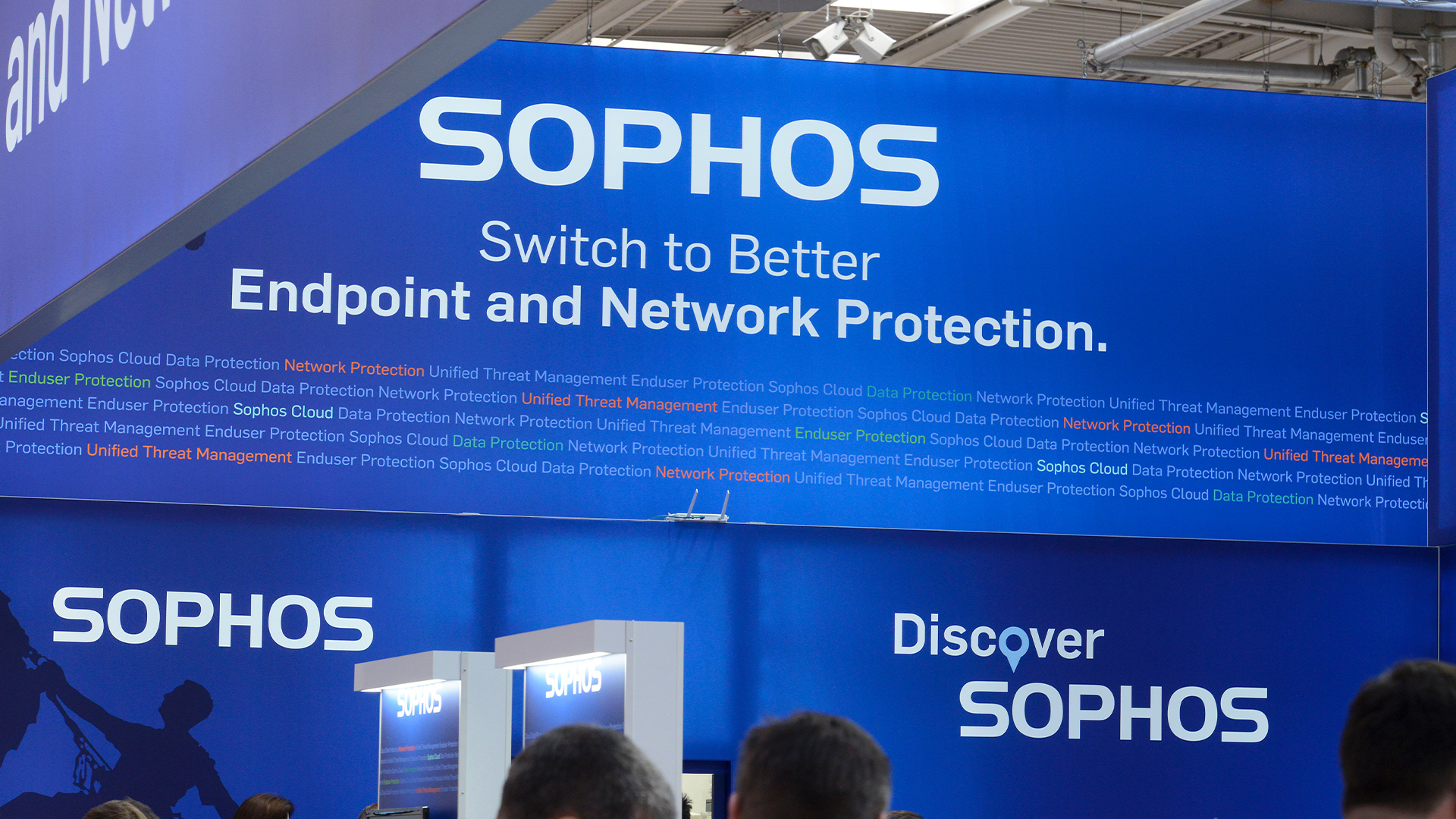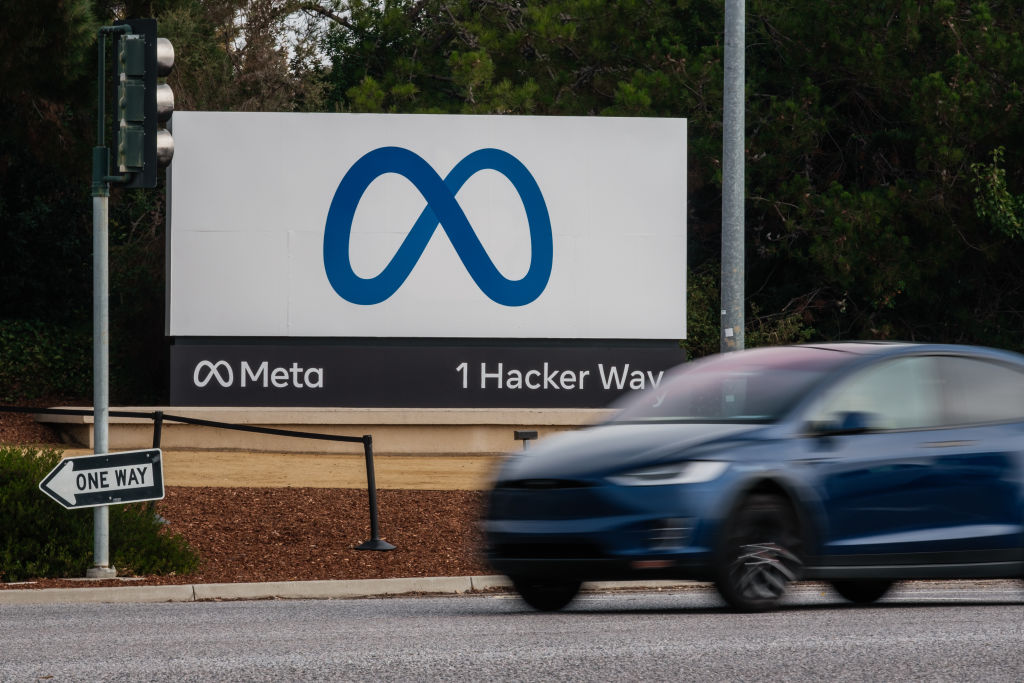Sophos recommends ‘walled garden’ to Facebook
Sophos suggests Facebook could adopt Apple's "walled garden" approach to apps to better protect its users.


Facebook has defended its security efforts after a report suggested it should follow Apple's "walled garden" approach to apps.
Security firm Sophos said the closed Apple approach "has proven effective in protecting users from maliciously crafted applications."
A Sophos poll carried out amongst Facebook users found 95.51 per cent of users agreed the Apple approach would be better for security.
Facebook said it has extensive controls so when a users wants to add an application it only gets access to "very limited data" and the user needs to approve each additional type of data.
"We have a dedicated team that does robust review of all third-party applications, using a risk-based approach," a spokesperson for the social networking giant said.
"So, that means that we first look at velocity/number of users/types of data shared, and prioritise. This ensures that the team is focused on addressing the biggest risks, rather than just doing a cursory review at the time that an app is first launched."
Facebook said it acts fast to remove or sanction any potentially malicious applications before they gain access to user data. In some cases the company said it will go as far as to bring in law enforcement.
Get the ITPro daily newsletter
Sign up today and you will receive a free copy of our Future Focus 2025 report - the leading guidance on AI, cybersecurity and other IT challenges as per 700+ senior executives
The Sophos report also indicated security threats had risen across social networks, including Facebook.
"Rogue applications, clickjacking, survey scams all unheard of just a couple of years ago, are now popping up on a daily basis on social networks such as Facebook," said Graham Cluley, senior technology consultant at Sophos.
"Why aren't Faceboook and other social networks doing more to prevent spam and scams in the first place?"
The survey showed two-fifths of respondents had been sent malware over social networking sites, representing a 90 per cent increase since summer 2009.
Eight in 10 respondents said Facebook posed the biggest risk to the security of their systems.
Facebook again defended its record in securing users from the likes of spam and malicious software.
"As a result of our efforts, the data we have on interactions of more than 500 million people using Facebook shows that spam, malware and other attacks have decreased in their effectiveness - the opposite conclusion reached by a security vendor," the Facebook spokesperson said.
"It's much more important to measure effectiveness than it is to measure volume. If your spam filter catches all the spam, does it matter that your filter caught 10 per cent more?"
Facebook was involved in another privacy debate this week, as users and security professionals complained about a feature allowing developers to access user phone numbers and addresses.
Facebook removed the feature, saying it wanted to ensure users were only giving away data they wanted to hand over to third parties.
An updated version of the feature is expected to appear in the coming weeks.
IT PRO, meanwhile, has discovered photos with privacy restrictions on them could easily be spread across the internet without users' knowledge.
By simply right clicking and selecting copy image location' on a photo, anyone can then paste the URL to share it with unauthorised users, even those not on Facebook.
Tom Brewster is currently an associate editor at Forbes and an award-winning journalist who covers cyber security, surveillance, and privacy. Starting his career at ITPro as a staff writer and working up to a senior staff writer role, Tom has been covering the tech industry for more than ten years and is considered one of the leading journalists in his specialism.
He is a proud alum of the University of Sheffield where he secured an undergraduate degree in English Literature before undertaking a certification from General Assembly in web development.
-
 Bigger salaries, more burnout: Is the CISO role in crisis?
Bigger salaries, more burnout: Is the CISO role in crisis?In-depth CISOs are more stressed than ever before – but why is this and what can be done?
By Kate O'Flaherty Published
-
 Cheap cyber crime kits can be bought on the dark web for less than $25
Cheap cyber crime kits can be bought on the dark web for less than $25News Research from NordVPN shows phishing kits are now widely available on the dark web and via messaging apps like Telegram, and are often selling for less than $25.
By Emma Woollacott Published
-
 96% of SMBs are missing critical cybersecurity skills – here's why
96% of SMBs are missing critical cybersecurity skills – here's whyNews The skills shortage hits SMBs worse as they often suffer from a lack of budget and resources
By George Fitzmaurice Published
-
 Sophos Firewall Virtual review: Affordable network protection for those that like it virtualized
Sophos Firewall Virtual review: Affordable network protection for those that like it virtualizedReviews Extreme network security that's cheaper than a hardware appliance and just as easy to deploy
By Dave Mitchell Published
-
 MSPs are struggling with cyber security skills shortages
MSPs are struggling with cyber security skills shortagesNews A shortage of tools and difficulties keeping pace with solutions were also ranked as key issues for MSPs
By George Fitzmaurice Published
-
 Nearly 70 software vendors sign up to CISA’s cyber resilience program
Nearly 70 software vendors sign up to CISA’s cyber resilience programNews Major software manufacturers pledge to a voluntary framework aimed at boosting cyber resilience of customers across the US
By Solomon Klappholz Published
-
 Sophos and Tenable team up to launch new managed risk service
Sophos and Tenable team up to launch new managed risk serviceNews The new fully managed service aims to help organizations manage and protect external attack surfaces
By Daniel Todd Published
-
 Ransomware groups are using media coverage to coerce victims into paying
Ransomware groups are using media coverage to coerce victims into payingNews Threat actors are starting to see the benefits of a more sophisticated media strategy for extracting ransoms
By Solomon Klappholz Published
-
 Shrinking cyber attack “dwell times” highlight growing war of attrition with threat actors
Shrinking cyber attack “dwell times” highlight growing war of attrition with threat actorsNews While teams are becoming more proficient at detecting threats, attackers are augmenting their strategies
By Ross Kelly Published
-
 Latest Meta GDPR fine brings 12-month total to more than €1 billion
Latest Meta GDPR fine brings 12-month total to more than €1 billionNews Meta was issued with two hefty GDPR fines for “forcing” users to consent to data processing
By Ross Kelly Published